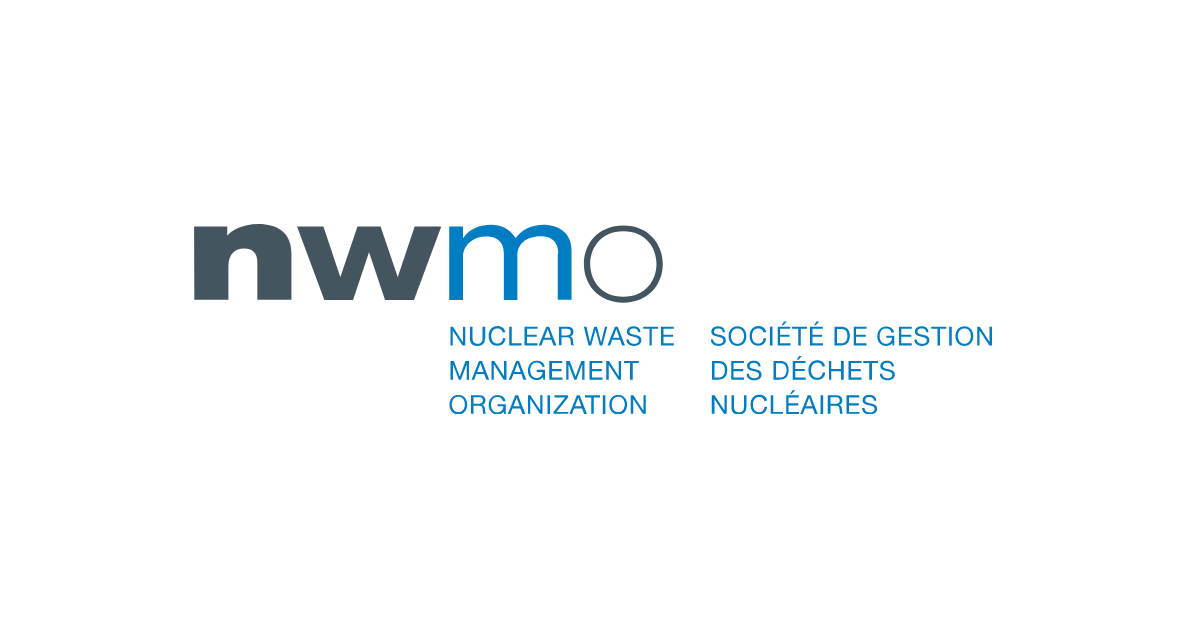The Nuclear Waste Management Organization (NWMO) offers this response to a June 11, 2024 article in The Globe and Mail, “Two small communities are competing to receive Canada’s inventory of nuclear waste. They can’t be sure what they’ll get.”
The NWMO commends the two municipalities, Ignace and South Bruce, for their diligence over the past decade in exploring the possibility of hosting a repository for Canada’s used nuclear fuel. Advised independently by their own experts, including legal counsel, these communities have done excellent work to address residents’ concerns, get answers to environmental and safety questions, and negotiate potential hosting agreements to meet their stated needs.
In terms of what would go into the repository, the NWMO is developing a management solution for all Canada’s used nuclear fuel, as required by the Nuclear Fuel Waste Act of 2002. This includes fuel from new reactor types, such as Small Modular Reactors (SMRs), none of which are licensed yet by the federal regulator.
Agreements with the municipalities state clearly how the NWMO will involve them in decision-making for any plans to manage SMR-related used nuclear fuel in the repository. They include a process for modifications to the scope of the project and a dispute-resolution mechanism.
Through respectful engagement, the NWMO continues to discuss potential hosting agreements with the Indigenous communities in the two potential siting areas, Wabigoon Lake Ojibway Nation and Saugeen Ojibway Nation.
No matter the source of the fuel to be managed in the repository, safety will always be the NWMO’s top priority. To this end, fuel waste placed in the repository will have to meet certain criteria; for example, it must be stable and solid, and detailed information must be available about its physical and chemical characteristics. The NWMO is engaged with vendors of possible new reactors to discuss used fuel types.
Any changes in scope to the repository project would require licensing by Canada’s independent nuclear regulator, the Canadian Nuclear Safety Commission, which ensures the safety of people and the environment.
In addition, some future waste types may go to another repository, yet to be developed. Under Canada’s Integrated Strategy for Radioactive Waste, adopted by Natural Resources Canada in 2023, the NWMO is charged with developing a disposal solution for Canada’s intermediate-level waste. These are early days, with the NWMO only beginning to plan public engagement on this issue, but any solution identified for intermediate-level waste would also consider possible nuclear innovations.

